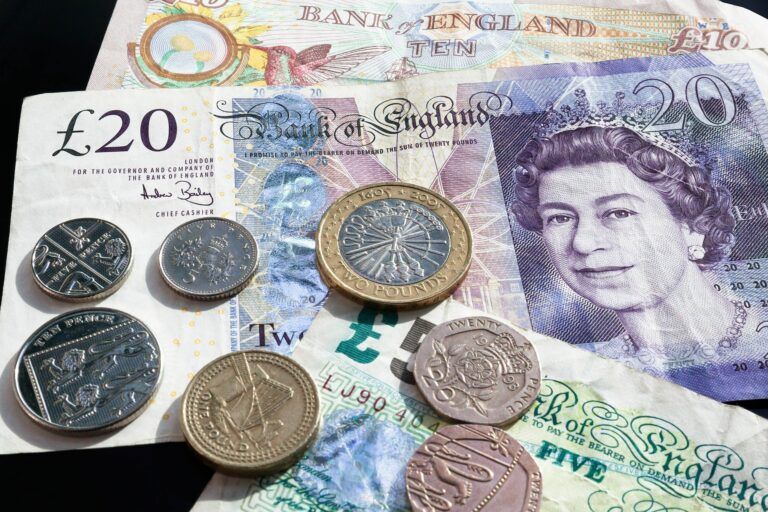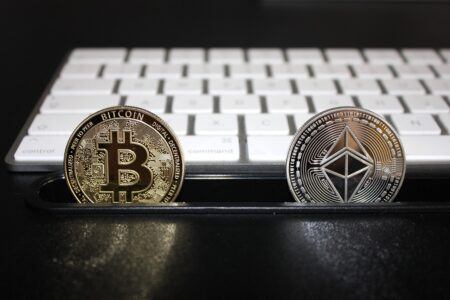The Bank of England (BoE) is considering launching a digital currency equivalent to fiat in order to keep pace with countries like China.
According to a report by QZ Mar. 12, UK officials published a discussion paper debating the possibility of issuing a digital pound sterling in response to declining cash usage.
The UK, in particular, has witnessed a steep decline in consumers transacting with physical fiat. Three years ago debit cards overtook cash as the most popular form of payment, with debit accounting for 39 percent of transactions in 2018 compared with 28 percent for physical money.
The report calls electronic money in the form of debit cards and payment apps more vulnerable than physical fiat, which issued directly from the central banks. While the BoE has yet to commit to a digital currency, the central bank said a digital pound would exist alongside cash rather than replacing it.
BoE wrote on their website,
The use of banknotes—the Bank’s most accessible form of money—is declining, and use of privately issued money continues to increase, with technological changes driving innovation.
The post continues,
As the issuer of the safest and most trusted form of money in the economy, should the Bank provide the public with electronic money—or a Central Bank Digital Currency (CBDC)—as a complement to physical banknotes?
Featured Image Credit: Photo via Pixabay.com








